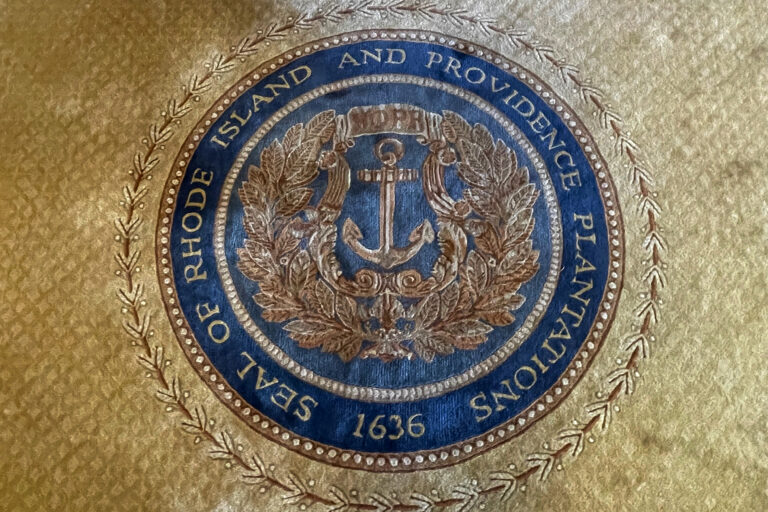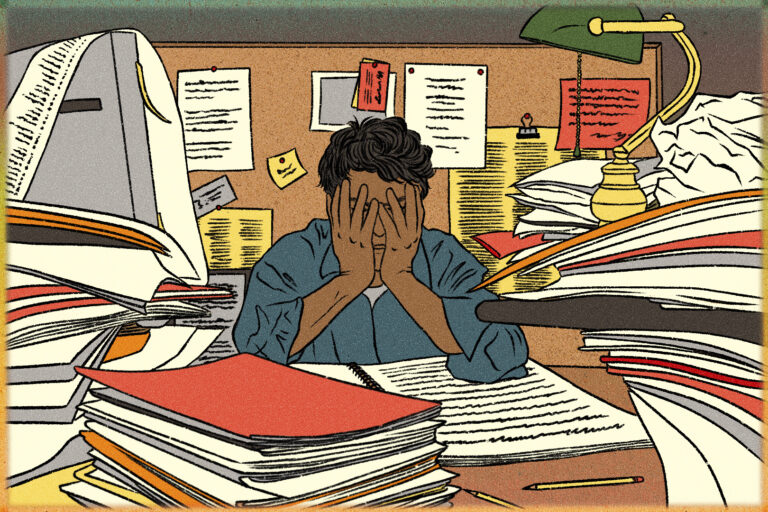
Student loan delinquency is rising across the country as President Donald Trump‘s administration makes major changes to the Department of Education.
A new report from WalletHub found that Missouri, Hawaii and Vermont experienced the highest surge in student loan delinquency, while borrowers from Alaska, Delaware and Rhode Island saw some of the lowest delinquency rates.
Why It Matters
Borrowers are facing repayment after a multi-year student loan payment pause that began during the coronavirus pandemic.
They are also navigating several changes under Trump’s Education Department. The Saving on a Valuable Education (SAVE) plan, a Biden-era option that generally offered the lowest monthly payments, has been abolished.
In place, the Department of Education is offering a revised 10-year standard repayment plan and a new Repayment Assistance Plan.
Borrowers who find themselves delinquent on their loans could experience major impacts to their credit, affecting their ability to own a home, buy a car or even rent an apartment.
What To Know
The WalletHub study analyzed proprietary user data from Q4 2024 through Q1 2025 and discovered that the following 10 states saw student loan delinquency rates spike the most during that time:
- Missouri
- Hawaii
- Vermont
- West Virginia
- Arizona
- Michigan
- New Mexico
- Massachusetts
- Arkansas
- Kansas
In Missouri, residents were delinquent on 59.6 percent more student loans in Q1 2025 than in Q4 2024.
Not far behind was Hawaii, where residents were behind on payments for 53.8 percent more student loans in Q1 2025 compared to Q4 2024. This is despite the state ranking 51st among the states with the most student debt.
Vermont also experienced a significant uptick in student loan delinquency, even though it ranks 37th among the states with the most student debt. This could mean excessive borrowing is less likely to be the culprit for the rising rates, according to WalletHub.
At the bottom of the list were Alaska, Delaware and Rhode Island, where borrowers tended to be in better shape.

Spencer Platt/Getty Images
What People Are Saying
WalletHub editor John Kiernan said in the report: “Being delinquent on student loans has the potential to ruin your finances and your credit score, but if you’ve only recently become delinquent you do have time to get back on track. Federal student loans don’t get reported to the credit bureaus as delinquent until you’re 90 days behind on payments, though private loans may report delinquency after as few as 30 days. If you’re having trouble paying, it’s important to contact your lender as soon as possible to try to work out a solution.”
Alex Beene, a financial literacy instructor for the University of Tennessee at Martin, told Newsweek: “What will either surprise—or perhaps not surprise—so many with this list is there aren’t any state trends. From West Virginia to Hawaii, a diverse group of socioeconomic states are all seeing increasing levels of delinquency. It’s an incredibly worrisome sign, as it points not just to the general struggles with cost of living we know are already in place, but also the feeling for more student borrowers of hopelessness and the desire to simply give up.”
Drew Powers, the founder of Illinois-based Powers Financial Group, told Newsweek: “Defaults seem to spread across all states, which may point to evidence that the driver of student loan delinquency is not the overall economy, it’s your own personal economy. The repercussions of holding a delinquent loan are real. It affects your credit score which cascades into multiple areas, including future home and auto loans, your ability to lease a rental property, and rates on personal insurance.”
What Happens Next
As the Department of Education continues to update its loan repayment programs, borrowers are unlikely to see proposals for student loan forgiveness that became prevalent under the Biden administration.
“The student debt they accumulated isn’t going away, and delinquency could result in wage garnishing and a deeper financial burden,” Beene said.




